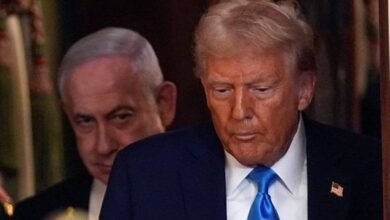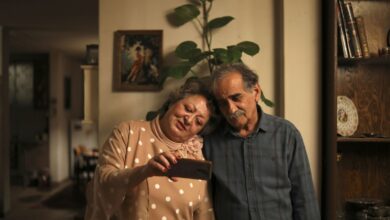Drones. Crutches. Potatoes. Russians crowdfund their Army.

Natalia Abiyeva is a real estate agent specializing in rental apartments in the city of Nizhny Novgorod, east of Moscow. But lately, she has been learning a lot about battlefield medicine.
Abiyeva, 37, and two friends set out in a van Wednesday for the Ukrainian border for the seventh time since the war began in February, bringing onions, potatoes, two-way radios, binoculars, first-aid gear and even a mobile dentry set. Since the start of the war, she said, she has raised more than $60,000 to buy food, clothes and equipment for Russian soldiers serving in Ukraine.
“The whole world, it seems to me, is supporting our great enemies,” Abiyeva said. “We also want to offer our support, to say, ‘Guys, we’re with you.’”Best of Express PremiumPremiumPremiumPremiumPremium
Across Russia, grassroots movements, led in large part women, have sprung up to crowdsource aid for Russian soldiers. They are evidence of some public backing for President Vladimir Putin’s war effort — but also of the growing recognition among Russians that their military, vaunted before the invasion as a world-class fighting force, turned out to be woefully underprepared for a major conflict.
The aid often includes sweets and inspirational messages, but it goes far beyond the care packages familiar to Americans from the Iraq War. The most sought-after items include imported drones and night vision scopes, a sign that Russia’s $66 billion defense budget has not managed to produce essential gear for modern warfare.
“No one expected there to be such a war,” said Tatyana Plotnikova, a business owner in the city of Novokuyshevsk on the Volga River. “I think no one was ready for this.”
Plotnikova, 47, has made the 1,000-mile drive to the Ukrainian border twice, ferrying a total of 3 tons of aid, she said.
Medical gear is in high demand in part because of the growing firepower of Ukraine’s military as the West increasingly fortifies it with powerful weapons.
Most of the groups collecting donations for Russian soldiers appear to be operating independently of the Russian government. They mostly rely on volunteers’ personal contacts in individual units and at military hospitals that pass along ls of what they most urgently need.







